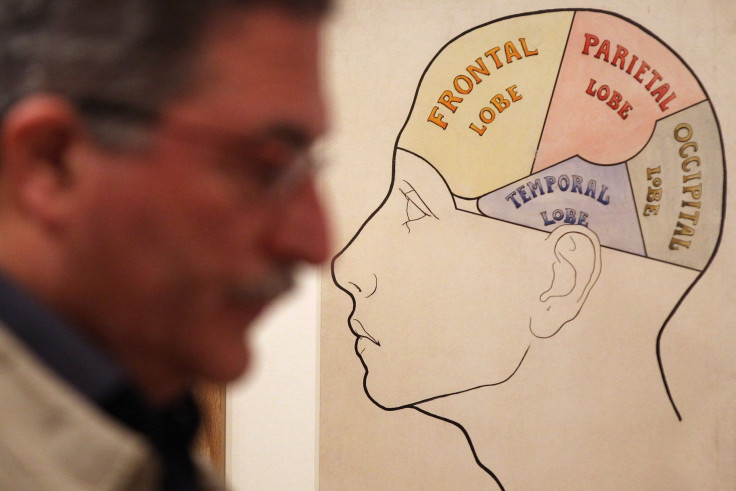Why Music Makes You Feel: Songs Affect Brain's Chemicals Like Drugs, Sex And Food Do

Music has long been known to light up the brain with pleasure and sensation, but exactly why and how remained unclear -- until now. The same chemicals in the brain that provide pleasure when people have sex or take drugs are also involved in the pleasure that comes from listening to music, according to a new study.
Researchers at McGill University in Montreal provided 17 participants with drugs to block the chemicals in the brain that activate its “pleasure center.” The results, published Wednesday in the journal Scientific Reports, found that once the chemicals were halted, the participants no longer enjoyed the music.
“The findings, themselves, were what we hypothesized,” said David Levitin, a cognitive psychologist and the study’s senior author. “But the anecdotes — the impressions our participants shared with us after the experiment were fascinating. One said: ‘I know this is my favorite song but it doesn’t feel like it usually does.’ Another: ‘It sounds pretty, but it’s not doing anything for me.’”
In order to discern participants' reactions to the music, researchers recorded their facial expressions and physiological factors like heart rate, breathing and smiling in addition to their thoughts about the music. Subjects were asked to rate the song on a scale from zero, or no pleasure, to 10, the maximum pleasure.
A wonderful event this evening with @UCL_EI and @danlevitin pic.twitter.com/MRnxXia4k9
— UCL IAS (@UCL_IAS) January 20, 2017
“This is the first demonstration that the brain’s own opioids are directly involved in musical pleasure,” said Levitin.
Levitin’s previous work used neuroimaging to map areas of the brain that were active during moments of musical pleasure, allowing him and other researchers to hone in on the opioid “pleasure center.”
Because the study was focused on only a small number of participants, additional research was needed to back up the findings. But understanding the roots of pleasure might enable a better understanding of the science behind addiction, the researchers noted. The study also added to evidence that the way music affects the brain might have an evolutionary origin.
SaveSave
© Copyright IBTimes 2025. All rights reserved.






















